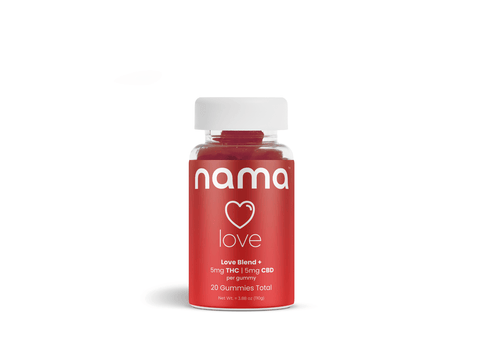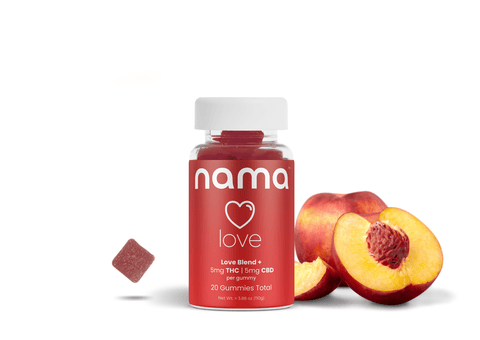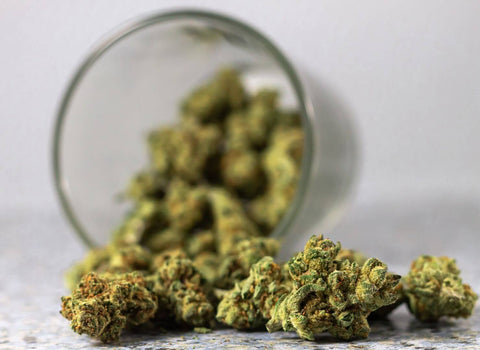Who should do a soberish month?
Anyone who wants to improve their relationship with alcohol without committing to complete abstinence should try a one-month soberish challenge. This approach suits those who recognize they're drinking more than they'd like but don't need an intervention.
A soberish month is for:
- People who drink out of habit rather than necessity.
- Social drinkers who want to cut back on alcohol consumption.
- Those curious about the health benefits of reduced drinking.
- Anyone feeling like alcohol controls their social life.
- People who want to reset their alcohol tolerance.
- Those experiencing poor sleep quality or low energy from regular drinking.
- Individuals looking to save money on their alcohol budget.
- People who want to lose weight but still enjoy occasional drinks.
- Those who feel anxious about dry-month challenges.
- Anyone seeking better mental health and clearer thinking.
The soberish approach isn't appropriate for everyone. If you struggle with alcohol use disorder, alcohol dependency, or experience withdrawal symptoms when you don't drink, you need medical advice from a healthcare professional.
What are the rules for a soberish month?
Unlike Dry January or Sober October, which require complete alcohol abstinence, a soberish month lets you create your own guidelines that work for your lifestyle.
You might decide to skip weeknight drinks but allow yourself wine on Saturday. Or you could replace your usual happy hour with buzztails™ while still enjoying a beer at Sunday brunch. Some people limit themselves to one drink per social occasion, while others avoid alcohol at home but drink when dining out.
You won't "fail" if you have an occasional drink. You're building a healthier relationship with alcohol rather than forcing complete abstinence. The soberish approach delivers major health benefits without the social pressure or all-or-nothing mentality that makes people quit after one slip-up.
Our Buzz Drops™ enhance your soberish month by giving you more non-alcoholic relaxation options. When you want the social ease and stress relief of a drink but choose to skip alcohol that evening, these soberish drops deliver the same pleasant effects with 2.5 mg of THC and CBD per dropper.
How to plan a successful soberish month
Like we said, you make the rules for a soberish month. That means you define your success. But you shouldn’t jump into it without a plan. Here are our recommendations for 30 days of soberish winning.
Create your guidelines
Decide which situations warrant a drink and which don't. You might choose to skip alcohol during stressful weeknights but allow yourself a social drink on weekends. Some people set numerical limits, like one drink per social occasion, while others focus on replacing specific drinking rituals with healthier alternatives to booze.
Stock up on non-alcoholic beverages
Fill your fridge with appealing alternatives before you start. THC drinks, sparkling water with fruit, kombucha, and craft mocktails give you options when cravings hit. Having these ready prevents impulsive alcohol consumption when you're tired or stressed.
Our THC mocktail recipes let you create a different buzz-worthy drink every time you crave something special. You can mix everything from THC mojitos to creamy cannabis drinks that deliver relaxation without the hangover.
Plan for social pressure
Prepare responses for friends who question your new habits. Simple phrases like "I'm taking a break" or "I'm trying something new" handle most situations. Be the designated driver or suggest activities that don't center around drinking. Practice these responses beforehand so you feel confident when peer pressure arises.
Set up psychological support
Tell close friends about your soberish month goals. Having someone check in on your progress creates accountability without judgment. If you have concerns about alcohol dependency or withdrawal symptoms, consult with a healthcare professional before starting. Join online communities or find a sober buddy for additional support.
Identify your triggers
Notice what situations, emotions, or times of day make you want to drink. Stress, boredom, and social anxiety are common triggers. Plan alternative responses like taking a walk, calling a friend, or mixing a THC beverage instead of reaching for alcohol.
Track your progress
Use phone apps or a simple journal to monitor your mood, sleep quality, and physical effects throughout the month. This data helps you see the benefits of reduced alcohol consumption and motivates you to continue. Many people notice improvements in their circadian rhythm and REM sleep within the first week, which makes it easier to stick with your soberish goals when you can see tangible results.
Plan new activities
Replace drinking occasions with healthier alternatives. Instead of happy hour drinks, try an exercise class or mindfulness exercise. Choose social connections that don't require alcohol, like coffee dates, hiking, or cooking with friends.
Prepare for challenging moments
The first week often feels hardest as your body adjusts. Have a plan for difficult evenings when you would usually drink. Stock up on your favorite non-alcoholic alternatives, plan engaging activities, or reach out to your support network. Remember that cravings pass, and each day gets easier.
When stocking up on alternatives, don't settle for plain sparkling water or sugary mocktails. Buzz Packs™ transform any beverage into a soberish alternative with 5 mg of THC and CBD per packet. Our powder sticks are a much better choice than alcohol because they contain clean ingredients and deliver a mild buzz without hangovers.


![Buzz Drops™ [THC Drink Drops]](http://www.namacbd.com/cdn/shop/files/nama_thc_buzz_drops.png?v=1711412866&width=480)
![Buzz Drops™ [THC Drink Drops]](http://www.namacbd.com/cdn/shop/files/buzz-drop-wine-comparison.png?v=1736882023&width=480)
![Buzz Packs™ [THC and CBD Powder Drink Mix]](http://www.namacbd.com/cdn/shop/files/nama_buzz_packs_thc_drink_pack_white_background.png?v=1741884660&width=480)
![Buzz Packs™ [THC and CBD Powder Drink Mix]](http://www.namacbd.com/cdn/shop/files/Buzz_Packs_Label.png?v=1741884660&width=480)


















Comments (0)
There are no comments for this article. Be the first one to leave a message!